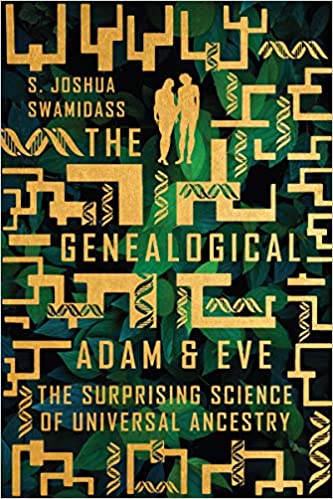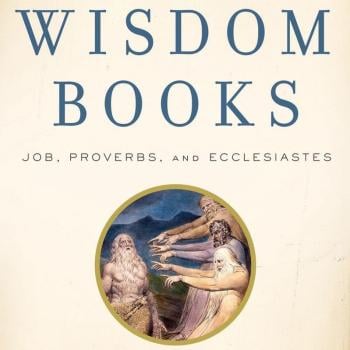Q. One of the more interesting parts of your scientific discussion is the mention that scientists are not clear about how to define human. By “human,” scientists might mean anything from ancient homo sapiens to the homo genus. And these definitions may not line up well with how philosophers and theologians think about human. Explain for my audience what difference this sort of discussion makes and why it is important.
A. There is a great deal of uncertainty in how scientists define human. We all descend from Homo erectus, Homo heidelbergensis and Neanderthals too. But which of these were human? However, we define human, it seems that we derive from earlier precursors. But at what point do we call them “human” or not? At what point did they gain fully human minds? Or a soul? Or the image of God? These are questions that science has no good way of settling. This ambiguity and uncertainty cannot be neglected. We can’t answer any questions about human origins without have a clear and unambiguous definition of human.
Take one of the most straightforward questions of all. When do humans arise? Our answer will depend critically on whether we count Neanderthals, and every other Homo species, as human. Even once we settle on a set of species that are human, to which species should individual fossils be assigned? Ambiguity, disagreement, and multivalence in our definitions means that even on the most basic of questions, there are multiple legitimate answers.
So, we cannot even answer this most basic of questions with much certainty at all. This is true for the easy questions, most simply construed, but it is also true for the hard questions. In the end, we cannot expect these scientific definitions to line up with theological definitions in the first place. Even if scientists did have a settled definition of “human,” there is no reason to think it would line up well with theological, philosophical, and scriptural definitions of the term. How do the humans of theology arise? Well, science knows nothing of theological definitions of humans. Theologians have legitimate autonomy to define human however they like. I recover one very old definition of human: Adam, Eve and their genealogical descendants. This is a definition that is part of the Genesis tradition, and it is also visible in Scripture. This is the definition of human that seems most germane to the doctrine of monogenesis. In this way, my book invites us back to an ancient conversation about what it means to be human.















